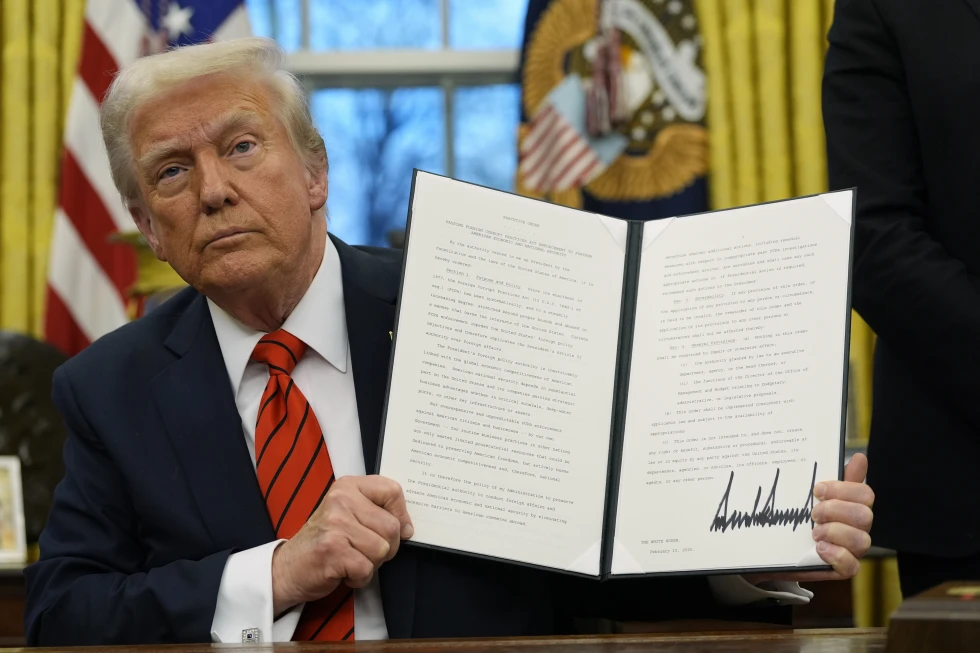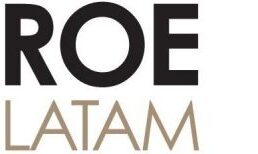
The 2025 FCPA Enforcement Pause: Implications for Anti-Corruption Efforts in Latin America
On February 10, 2025, U.S. President Donald Trump signed an executive order suspending enforcement of the Foreign Corrupt Practices Act (FCPA) for a minimum of six months. This unprecedented decision halts new investigations and mandates a review of existing cases by the Department of Justice (DOJ). While positioned as a measure to enhance U.S. economic competitiveness, the pause raises critical concerns for Latin America, where the FCPA has long served as a catalyst for anti-corruption reforms and cross-border collaboration. This article examines the potential consequences of this policy shift and provides strategic recommendations for businesses operating in the region.
The FCPA’s Transformative Impact in Latin America
Since its enactment in 1977, the FCPA has played a pivotal role in shaping anti-corruption frameworks across Latin America:
Legal and Regulatory Alignment: Seven major economies—Argentina, Brazil, Chile, Colombia, Costa Rica, Mexico, and Peru—harmonized their anti-bribery laws with the OECD Anti-Bribery Convention, directly inspired by the FCPA. These reforms enabled landmark prosecutions, including Brazil’s Operation Lava Jato and cases involving Petrobras, Odebrecht, and Embraer.
Cross-Border Collaboration: The FBI’s Miami-based anti-corruption unit facilitated evidence-sharing with Latin American counterparts, strengthening regional enforcement capabilities.
Corporate Compliance Culture: Surveys conducted in 2020 and 2024 revealed that 70% of Latin American professionals are familiar with the FCPA, while 60% identified the U.S. as the region’s primary anti-corruption enforcer.
Key Risks Associated with the Enforcement Pause
The suspension of FCPA enforcement coincides with a precarious anti-corruption environment in Latin America. Critical risks include:
1. Resurgent Bribery and Fraud
Reduced deterrence may embolden intermediaries (gestores, despachantes) and public officials to solicit illicit payments.
Transparency International’s 2024 Corruption Perceptions Index reported deteriorating scores in 14 of 19 Latin American countries, with 48% of businesses citing corruption as a “significant obstacle” to operations.
2. Erosion of Institutional Progress
The Capacity to Combat Corruption Index (2024) highlighted weakening anti-corruption institutions in Brazil, Mexico, and Colombia, where judicial independence and prosecutorial efficacy are under strain.
3. Shift in DOJ Enforcement Priorities
The DOJ has redirected resources toward combating cartels and transnational criminal organizations (TCOs), now classified as Foreign Terrorist Organizations (FTOs). Companies operating in high-risk jurisdictions may face heightened liability for inadvertent “material support.”
Emerging Regulatory and Geopolitical Challenges
Businesses must navigate the following developments during the FCPA pause:
1. Cartel-Related Liability Under FTO Designations
President Trump’s executive order designating cartels as FTOs subjects companies to severe penalties under the Anti-Terrorism Act, including treble damages for transactions linked to these groups. The 2007 Chiquita Banana case—a $25 million fine for payments to Colombia’s AUC—illustrates the risks of operating in cartel-influenced regions.
2. Geopolitical and Trade Risks
U.S.-Latin American firms engaging with Chinese entities may face increased scrutiny for sanctions violations or customs fraud, particularly under heightened tariff enforcement.
3. Customs Compliance Pressures
Stricter oversight of tariff regulations raises exposure to penalties for misreported supply chain data or country-of-origin inaccuracies.
Strategic Compliance Recommendations
To mitigate risks, businesses should adopt the following measures:
1. Reinforce Third-Party Due Diligence
Conduct rigorous audits of partners, suppliers, and distributors in high-risk sectors (e.g., extractive industries, infrastructure).
2. Enhance Internal Training Programs
Educate employees on red flags associated with FTOs, including unusual payment patterns or procurement practices in cartel-prone areas.
3. Maintain Contractual Safeguards
Ensure anti-corruption clauses, audit rights, and compliance certifications remain standard in commercial agreements.
4. Leverage Local Expertise
Collaborate with compliance professionals in Brazil, Mexico, and Colombia to address jurisdiction-specific regulatory nuances.
5. Document Compliance Efforts
Meticulously record due diligence, training, and internal investigations to demonstrate good faith in potential future enforcement actions.
Conclusion: Upholding Integrity in a Shifting Landscape
The 2025 FCPA enforcement pause introduces significant uncertainty but does not absolve businesses of their legal or ethical obligations. Companies that deprioritize compliance risk severe financial penalties, reputational harm, and operational disruptions. Conversely, organizations that maintain robust anti-corruption frameworks will be better positioned to navigate regulatory shifts and capitalize on opportunities in Latin America’s evolving markets.
How can we help you
With extensive expertise in compliance program development, we have successfully designed and implemented robust compliance frameworks for a diverse range of organizations, including private and public corporations, government entities, and non-governmental organizations. Our team of specialists possesses deep knowledge of international anti-corruption standards, including the U.S. Foreign Corrupt Practices Act (FCPA) and ISO 37001 Anti-Bribery Management Systems, as well as comprehensive understanding of local regulatory requirements across multiple jurisdictions.
We invite you to engage with our professional services to develop a tailored, best-in-class compliance program that not only meets but exceeds regulatory expectations. Our methodology ensures alignment with both international best practices and specific local legal obligations, providing your organization with a comprehensive, risk-based solution to mitigate compliance vulnerabilities.
For a confidential consultation regarding your organization’s specific compliance needs, please contact us at online@roelatam.com to discuss how we can assist in strengthening your governance framework and implementing an effective compliance program.
If you found this article insightful, we invite you to explore these related publications and services:
What Trump’s FCPA Pause Means for Latin America. By Matteson Ellis.
- FCPA Enforcement Pause: 5 Critical Compliance Strategies to Mitigate Risk Now
- The Essential Guide to KYC Regulations in Mexico: What Real Estate Professionals, Financial Institutions, and Buyers Must Know
- ROE Latam Advises CORSAIN of El Salvador on the Implementation of ISO 37001
- ROE Latam Capacita a la Academia Nacional de Seguridad Pública de El Salvador en la Implementación de la ISO 37001
- Ley de Prácticas Corruptas en el Extranjero (FCPA)
- Auditorías y Compliance de Cadena de Suministro
- ISO 37001: Sistema de Gestión Antisoborno (SGAS)
